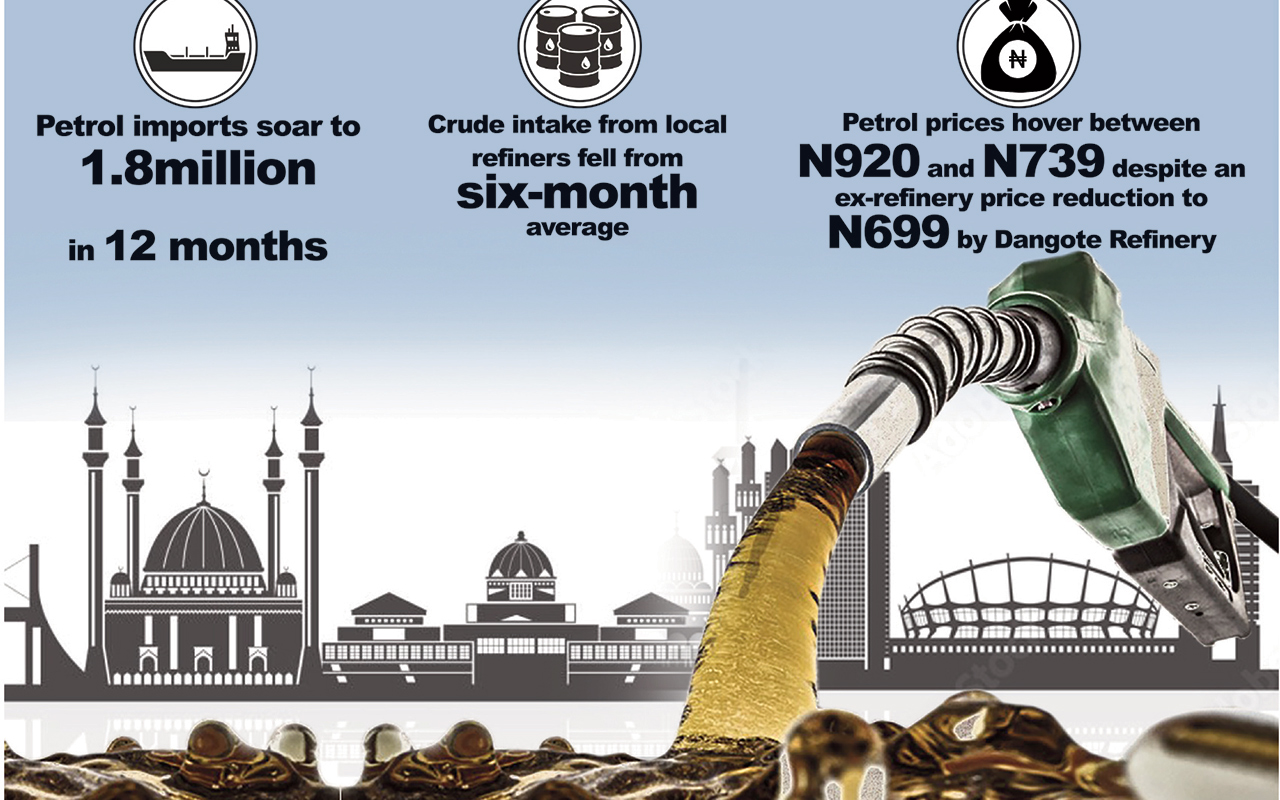The National Union of Electricity Employees (NUEE) on Wednesday directed its members nationwide to withdraw their services indefinitely, accusing the Transmission Company of Nigeria (TCN) of failing to address long-standing welfare and operational grievances.
In a circular signed by its Acting General Secretary, Dominic Igwebike, the union said the strike became unavoidable following the expiration of an ultimatum served on TCN.
“Unfortunately, the TCN management has decided to handle these issues with kid gloves and with a lack of regard for the hardworking staff of TCN,” the notice stated.
The union outlined its demands, including the implementation of the National Minimum Wage, provision of working tools and protective equipment, an end to the casualisation of workers, and payment of salaries reportedly owed since April 2025.
It also cited unresolved issues arising from the unbundling of TCN, outstanding retirement benefits, and the need for operational vehicles.
“We cannot continue to fold our arms while we watch our rights being violated and the Nigerian Electricity Supply Industry going down the drain. To this end, the Union is compelled to withdraw its services,” the circular added.
The directive, which took effect immediately, called for “total compliance” from all electricity workers across the country.
The development has raised concerns of widespread power cuts, as electricity consumers dependent on the national grid could face prolonged outages.
NUEE had taken similar action in June 2024, a strike that disrupted power supply nationwide and triggered emergency talks with the Federal Government.
Efforts to reach TCN spokesperson, Ndidi Mbah, for comment were unsuccessful as she did not respond to calls or messages at the time of filing this report.
The strike comes at a time when the Federal Government has repeatedly pledged to reform the power sector, which continues to struggle with low generation capacity, ageing infrastructure, and recurrent disputes between management and labour.






